George M. Brewer and the Music Scene in Montreal
during the First Half of the 20th Century
Speakers: Lorne Huston and Marie-Thérèse Lefebvre
When: Thursday, November 18, 2021, 19:30 to 21:00
Where: In virtual mode
Lecture mainly in English with an introduction and a short section of the main presentation in French, followed by a bilingual question period.
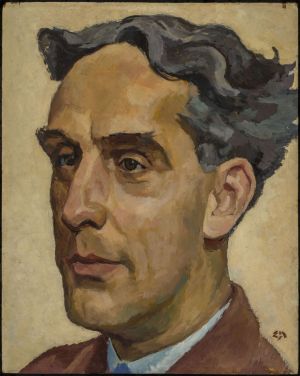 Portrait of George M. Brewer circa 1929-1930, By Edwin Holgate.
Portrait of George M. Brewer circa 1929-1930, By Edwin Holgate.
Montreal Museum of Fine Arts. Photograph: Christine Guest.
George M. Brewer (1889-1947) was a fascinating, and now long-forgotten, figure on the music scene in Montreal during the first half of the twentieth century. By profession, he was an organist at the Church of the Messiah as the Unitarian Church of Montreal was known at that time. By inclination, he was a theatre producer – of medieval dramas. But above all, he was an educator. He would perform organ adaptations of music rarely heard in Montreal, music which he discovered and collected on his numerous voyages all over Europe and beyond. And he would not just play the music; he would also talk about it and situate it in its historical, philosophical, and musical context.
His story is interesting enough in itself but it is even more so when we try to understand who was listening to him and who supported him. We discover a rich network of clubs, societies, and associations through which Brewer moved -- in English mainly but also in French. From the Pen & Pencil Club to the Société Casavant, from the Masonic Study Club to the Conservatoire de musique du Québec, Lorne Huston and Marie-Thérèse Lefebvre will introduce us to this lively environment of music lovers in Montreal during the interwar years.
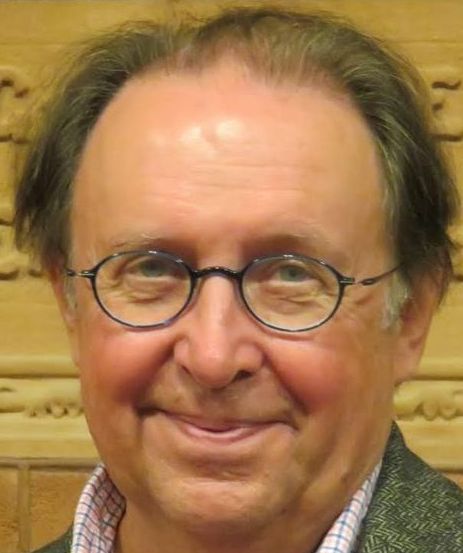 Lorne Huston holds a PhD in history from Concordia University and a Master's degree in Sociology from the Université de Montréal. He has been doing research on the history of the arts sector in English Montreal since he retired from active teaching at Cégep Édouard-Montpetit in 2010. In addition to the book he co-authored with Marie-Thérèse Lefebvre on the Montreal musicologist, George M. Brewer, he has also written articles on the Art Association, and on Samuel Morgan-Powell, art and drama critic at the Montreal Daily Star (1913-1953).
Lorne Huston holds a PhD in history from Concordia University and a Master's degree in Sociology from the Université de Montréal. He has been doing research on the history of the arts sector in English Montreal since he retired from active teaching at Cégep Édouard-Montpetit in 2010. In addition to the book he co-authored with Marie-Thérèse Lefebvre on the Montreal musicologist, George M. Brewer, he has also written articles on the Art Association, and on Samuel Morgan-Powell, art and drama critic at the Montreal Daily Star (1913-1953).
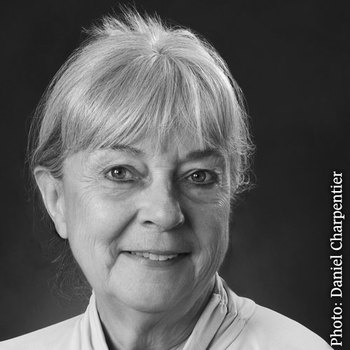 Marie-Thérèse Lefebvre, holder of a PhD in musicology from the Université de Montréal, was professor there from 1981 to 2010, Vice-Dean of graduate studies between 1993 and 1998 and Interim Dean in 1997–1998. Professor Emeritus of the Faculty of Music of the Université de Montréal and specialist in the history of music-life in Quebec, Marie-Thérèse Lefebvre has published several books and articles on various composers, including Auguste Descarries, Serge Garant, Rodolphe Mathieu, Gilles Tremblay and Jean Vallerand, as well as Chronologie musicale du Québec (1535-2004) (Septentrion, 2009) written in collaboration with Jean-Pierre Pinson.
Marie-Thérèse Lefebvre, holder of a PhD in musicology from the Université de Montréal, was professor there from 1981 to 2010, Vice-Dean of graduate studies between 1993 and 1998 and Interim Dean in 1997–1998. Professor Emeritus of the Faculty of Music of the Université de Montréal and specialist in the history of music-life in Quebec, Marie-Thérèse Lefebvre has published several books and articles on various composers, including Auguste Descarries, Serge Garant, Rodolphe Mathieu, Gilles Tremblay and Jean Vallerand, as well as Chronologie musicale du Québec (1535-2004) (Septentrion, 2009) written in collaboration with Jean-Pierre Pinson.
The book "George M. Brewer et le milieu culturel anglophone montréalais, 1900-1950" written by Lorne Huston and Marie-Thérèse Lefebvre, Éditions Septentrion 2020, can be browsed on the editor’s website:
https://www.septentrion.qc.ca/catalogue/george-m-brewer-et-le-milieu-culturel-anglophone-montrealais
===========================================================
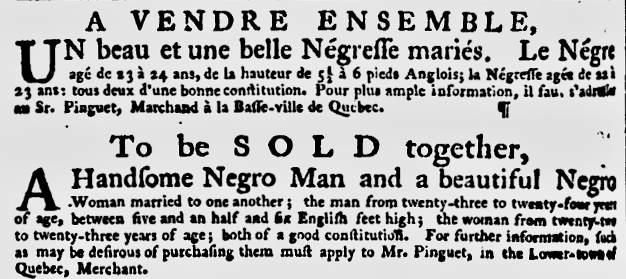
 A native Quebecer, Frank Mackey retired from the Montreal Gazette in 2008 after working as a reporter/editor in Alberta, Newfoundland, Montreal, Quebec and London (Eng.). He also taught journalism at Montreal’s Concordia University. He and his wife have three adult children. He has published three books: Steamboat Connections: Montreal to Upper Canada 1816-1843 (2000); Black Then: Blacks and Montreal, 1780s-1880s (2004); Done with Slavery: The Black Fact in Montreal, 1760-1840 (2010), the latter translated into French as L’esclavage et les Noirs à Montréal, 1760-1840 (2013). His latest book, The Great Absquatulator, is due out May 1, 2022.
A native Quebecer, Frank Mackey retired from the Montreal Gazette in 2008 after working as a reporter/editor in Alberta, Newfoundland, Montreal, Quebec and London (Eng.). He also taught journalism at Montreal’s Concordia University. He and his wife have three adult children. He has published three books: Steamboat Connections: Montreal to Upper Canada 1816-1843 (2000); Black Then: Blacks and Montreal, 1780s-1880s (2004); Done with Slavery: The Black Fact in Montreal, 1760-1840 (2010), the latter translated into French as L’esclavage et les Noirs à Montréal, 1760-1840 (2013). His latest book, The Great Absquatulator, is due out May 1, 2022.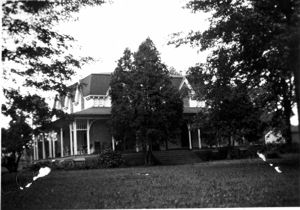 During the Second World War, a secret laboratory studying nuclear energy was set up at the Université de Montréal, hosting some of the greatest Canadian and European scientists. To mark Women's Day on March 8, Gilles Sabourin will share with us the significant contribution that women were able to make to this project. Alma Chackett, one of the scientists on the project, gave Gilles a photo of a house in Beaurepaire used by the scientists as a resting place.
During the Second World War, a secret laboratory studying nuclear energy was set up at the Université de Montréal, hosting some of the greatest Canadian and European scientists. To mark Women's Day on March 8, Gilles Sabourin will share with us the significant contribution that women were able to make to this project. Alma Chackett, one of the scientists on the project, gave Gilles a photo of a house in Beaurepaire used by the scientists as a resting place.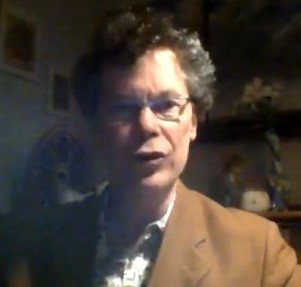 Gilles Sabourin is a nuclear engineer specialized in the safety of nuclear power plants. He worked for more than twenty years for the Montréal office of Atomic Energy of Canada. "Montréal et la bombe", very well translated under the title “Montreal and the Bomb” is the result of fifteen years of intensive research into the atomic energy adventure in Montreal during the Second World War.
Gilles Sabourin is a nuclear engineer specialized in the safety of nuclear power plants. He worked for more than twenty years for the Montréal office of Atomic Energy of Canada. "Montréal et la bombe", very well translated under the title “Montreal and the Bomb” is the result of fifteen years of intensive research into the atomic energy adventure in Montreal during the Second World War.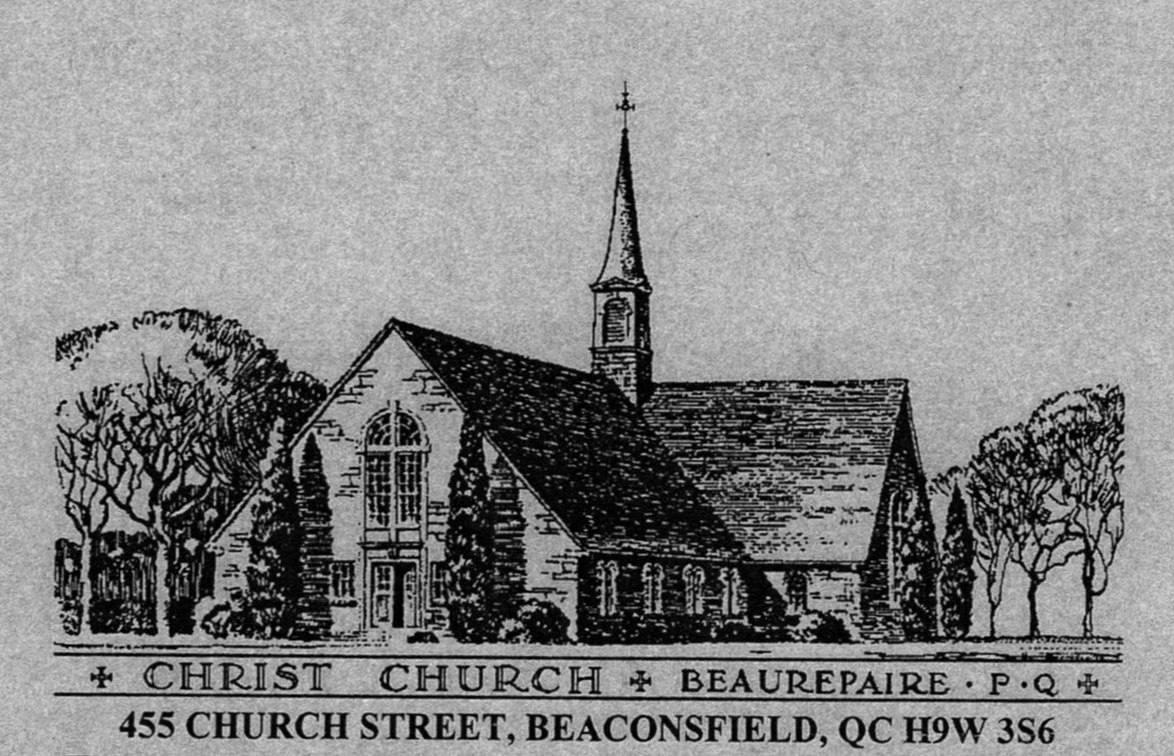 Adrian Willison will introduce us to the Youth Programs put in place by the Beaurepaire Christ Church from the 1950's till around 1975.
Adrian Willison will introduce us to the Youth Programs put in place by the Beaurepaire Christ Church from the 1950's till around 1975.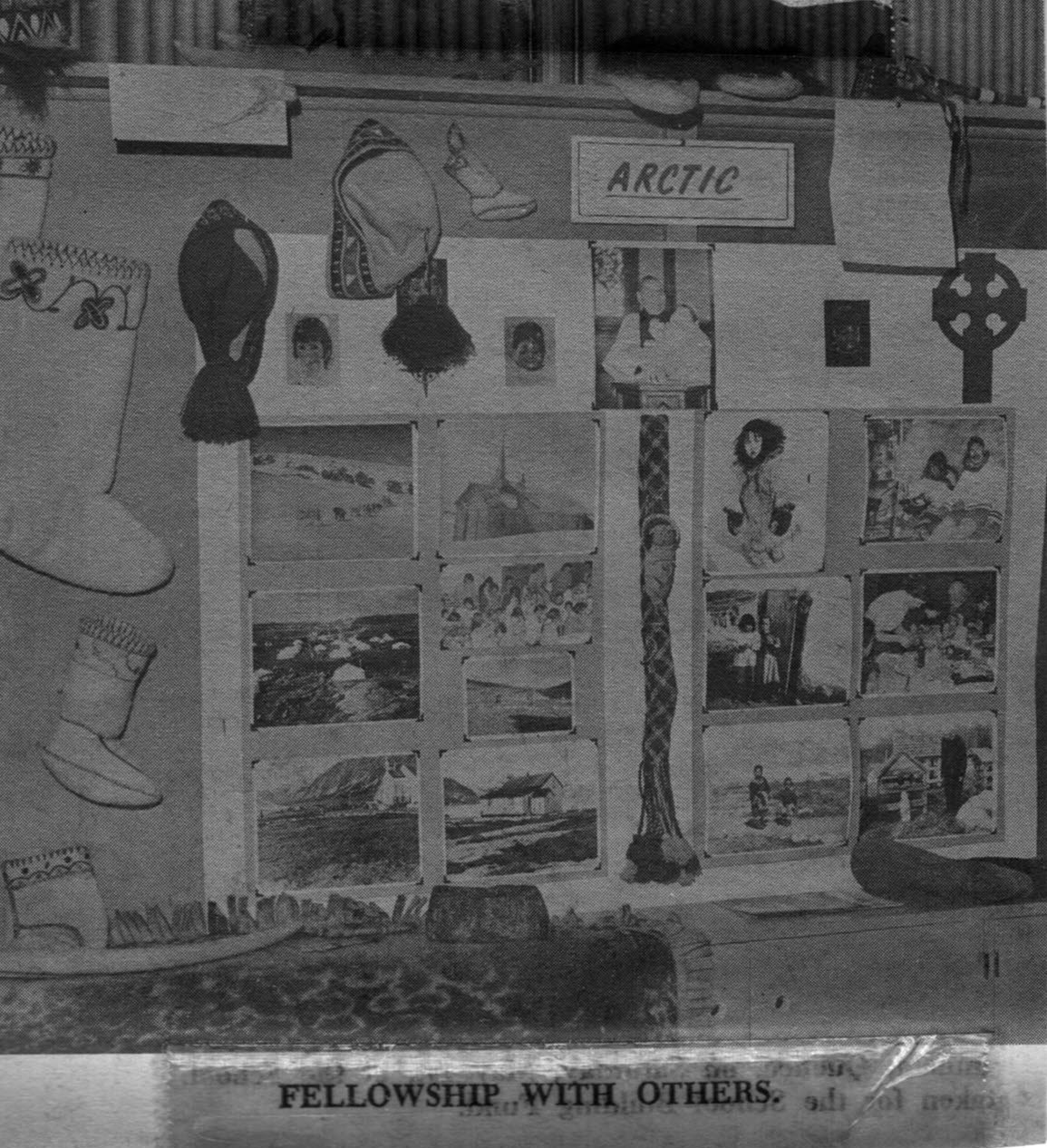
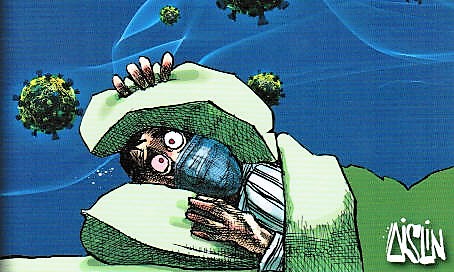
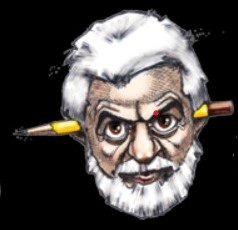 Terry Mosher has been cartooning since 1967 under the pen name AISLIN. While Aislin’s career has been principally associated with the English-language newspaper
Terry Mosher has been cartooning since 1967 under the pen name AISLIN. While Aislin’s career has been principally associated with the English-language newspaper  Portrait of George M. Brewer circa 1929-1930, By Edwin Holgate.
Portrait of George M. Brewer circa 1929-1930, By Edwin Holgate.  Lorne Huston holds a PhD in history from Concordia University and a Master's degree in Sociology from the Université de Montréal. He has been doing research on the history of the arts sector in English Montreal since he retired from active teaching at Cégep Édouard-Montpetit in 2010. In addition to the book he co-authored with Marie-Thérèse Lefebvre on the Montreal musicologist, George M. Brewer, he has also written articles on the Art Association, and on Samuel Morgan-Powell, art and drama critic at the Montreal Daily Star (1913-1953).
Lorne Huston holds a PhD in history from Concordia University and a Master's degree in Sociology from the Université de Montréal. He has been doing research on the history of the arts sector in English Montreal since he retired from active teaching at Cégep Édouard-Montpetit in 2010. In addition to the book he co-authored with Marie-Thérèse Lefebvre on the Montreal musicologist, George M. Brewer, he has also written articles on the Art Association, and on Samuel Morgan-Powell, art and drama critic at the Montreal Daily Star (1913-1953). Marie-Thérèse Lefebvre, holder of a PhD in musicology from the Université de Montréal, was professor there from 1981 to 2010, Vice-Dean of graduate studies between 1993 and 1998 and Interim Dean in 1997–1998. Professor Emeritus of the Faculty of Music of the Université de Montréal and specialist in the history of music-life in Quebec, Marie-Thérèse Lefebvre has published several books and articles on various composers, including Auguste Descarries, Serge Garant, Rodolphe Mathieu, Gilles Tremblay and Jean Vallerand, as well as Chronologie musicale du Québec (1535-2004) (Septentrion, 2009) written in collaboration with Jean-Pierre Pinson.
Marie-Thérèse Lefebvre, holder of a PhD in musicology from the Université de Montréal, was professor there from 1981 to 2010, Vice-Dean of graduate studies between 1993 and 1998 and Interim Dean in 1997–1998. Professor Emeritus of the Faculty of Music of the Université de Montréal and specialist in the history of music-life in Quebec, Marie-Thérèse Lefebvre has published several books and articles on various composers, including Auguste Descarries, Serge Garant, Rodolphe Mathieu, Gilles Tremblay and Jean Vallerand, as well as Chronologie musicale du Québec (1535-2004) (Septentrion, 2009) written in collaboration with Jean-Pierre Pinson.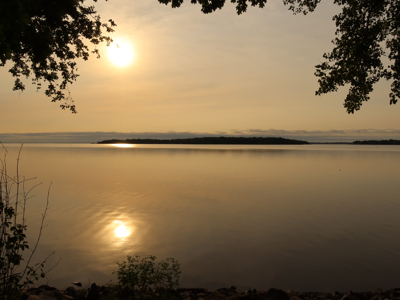
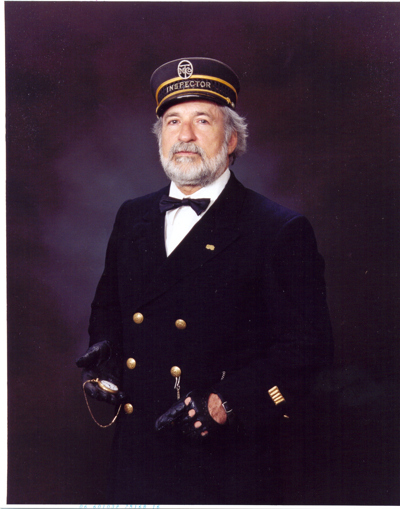 Daniel Laurendeau was born in Montréal in 1945. As early as 4 years old, he started his collection of City of Montreal transit related items. He is member of the Canadian Railroad Historical Association (CRHA) and volunteer at the Canadian Railway Museum at Delson / Saint-Constant since 1961. In 1985, he became Operator (Motorman) of streetcar tours on the Museum site, thus realizing his childhood dream. He presently sits on Exporail’s Board of Directors and Executive Committee and volunteers as a member of the Collections Committee. Beside his passion for trams, he had a successful career (35 years) at Honeywell Limited.
Daniel Laurendeau was born in Montréal in 1945. As early as 4 years old, he started his collection of City of Montreal transit related items. He is member of the Canadian Railroad Historical Association (CRHA) and volunteer at the Canadian Railway Museum at Delson / Saint-Constant since 1961. In 1985, he became Operator (Motorman) of streetcar tours on the Museum site, thus realizing his childhood dream. He presently sits on Exporail’s Board of Directors and Executive Committee and volunteers as a member of the Collections Committee. Beside his passion for trams, he had a successful career (35 years) at Honeywell Limited.
 Paulo Zegarra-Llerena will talk on the history of trains:
Paulo Zegarra-Llerena will talk on the history of trains: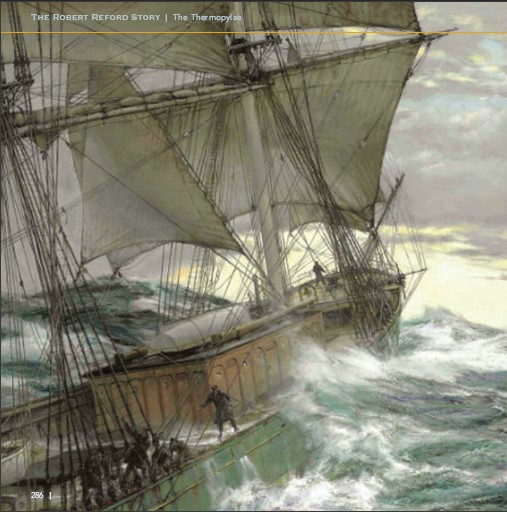
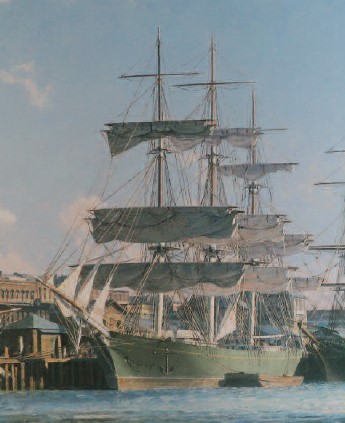
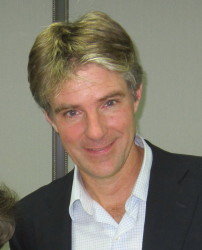 director of Les Jardins de Métis /
director of Les Jardins de Métis / 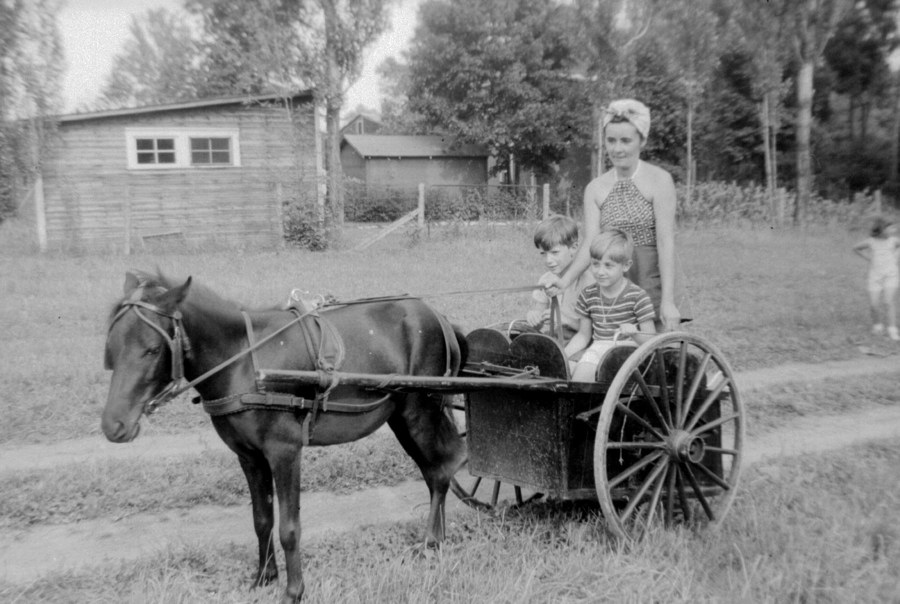
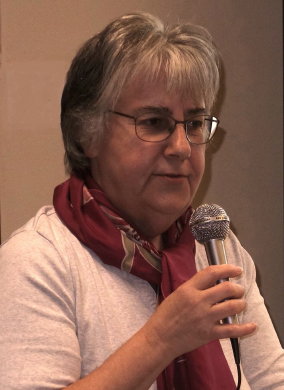
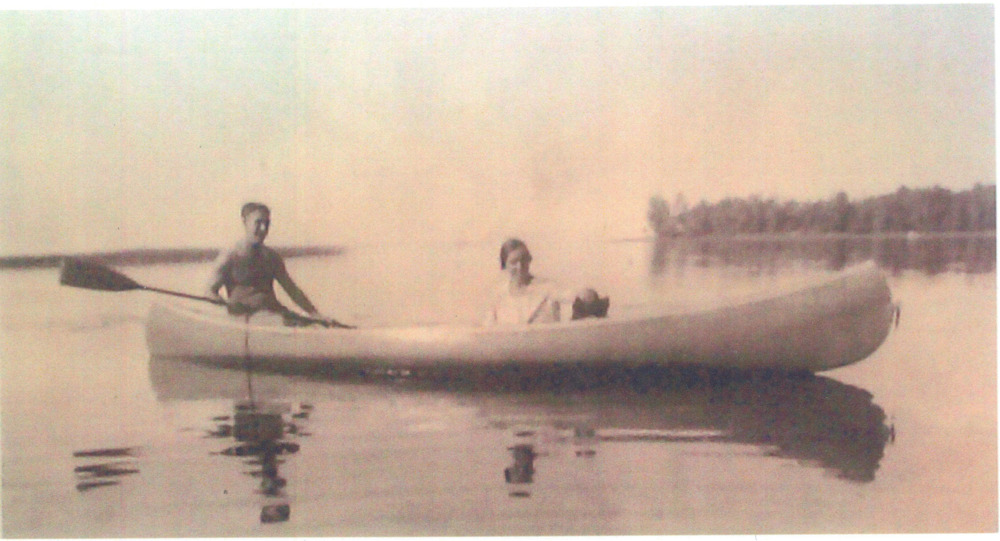 Pauline Faguy-Girard will present an overview of the different modes of transportation in Beaconsfield over the years. From canoeing on Lake St. Louis to the different modes of transportation used on our territory and by the citizens of Beaconsfield, of all ages.
Pauline Faguy-Girard will present an overview of the different modes of transportation in Beaconsfield over the years. From canoeing on Lake St. Louis to the different modes of transportation used on our territory and by the citizens of Beaconsfield, of all ages.